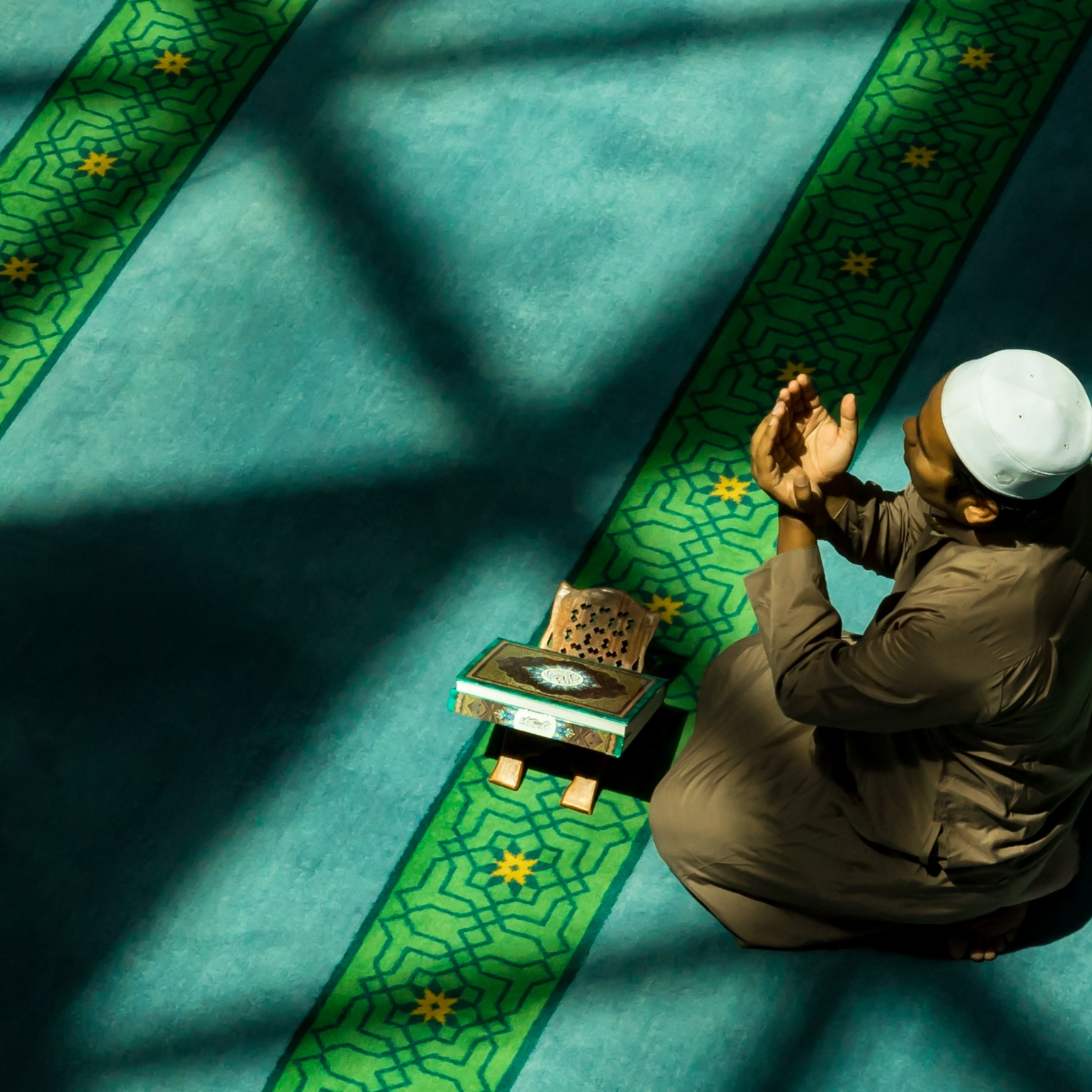What Is Tawfiq and Is It Advisable to Continue to Make Du’a despite the Unlikelihood of Its Acceptance?
Answered by Shaykh Yusuf Weltch
Question
Does Allah Most High guide us to make du’a for what He wants us to have?
Allah Most High guides us to make du’a for what He wills us to have or develop. The concept of Tawfiq was mentioned during the explanation. Is there truth in this?
I ask because I have been making du’a for many things, using the Sunnah as the guide, and recently I have been lucky to wake up for Tahajjud consistently for a while up to now. During Tahajjud and the pre-sunrise and sunset periods, I also pray for a specific, robust, halal desire that I doubt will ever leave my heart. If it’s granted, Alhamdulillah, I will keep praying for it to remain.
I plan not to give up, but the prospects seem futile -should I consider that I am still making du’a as cause for hope?
Answer
In the Name of Allah, the Most Merciful and Compassionate
Asking: A Sign of Giving
The idea is that if Allah Most High intends to give something to someone, He will inspire them to supplicate, for it is a reality in many circumstances.
One of the most eloquent scholars to put forward this concept was Imam Ibn ‘Ataillah al-Sakandari (Allah have mercy on him), who said, “Whenever Allah releases your tongue to ask, know that He wills to give you.” [Ibn ‘Ataillah, al-Hikam al-‘Ataiyya]
Conditions of Answered Supplications
On this aphorism of Imam Ibn ‘Ataillah, Imam al-Munawi (Allah have mercy on them) comments the following:
“Many times when the answer of a supplication is delayed, it is because some of the prerequisites for an accepted supplication are missing. [Munawi; Faid al-Qadir]
Details on the prerequisites of a supplication being answered can be found on:
The Reality and Etiquettes of Supplication: A Reader
Hope this helps
Allah knows best
[Shaykh] Yusuf Weltch
Checked and Approved by Shaykh Faraz Rabbani
Shaykh Yusuf Weltch is a teacher of Arabic, Islamic law, and spirituality. After accepting Islam in 2008, he then completed four years at the Darul Uloom seminary in New York where he studied Arabic and the traditional sciences. He then traveled to Tarim, Yemen, where he stayed for three years studying in Dar Al-Mustafa under some of the greatest scholars of our time, including Habib Umar Bin Hafiz, Habib Kadhim al-Saqqaf, and Shaykh Umar al-Khatib. In Tarim, Shaykh Yusuf completed the memorization of the Qur’an and studied beliefs, legal methodology, hadith methodology, Qur’anic exegesis, Islamic history, and a number of texts on spirituality. He joined the SeekersGuidance faculty in the summer of 2019.
